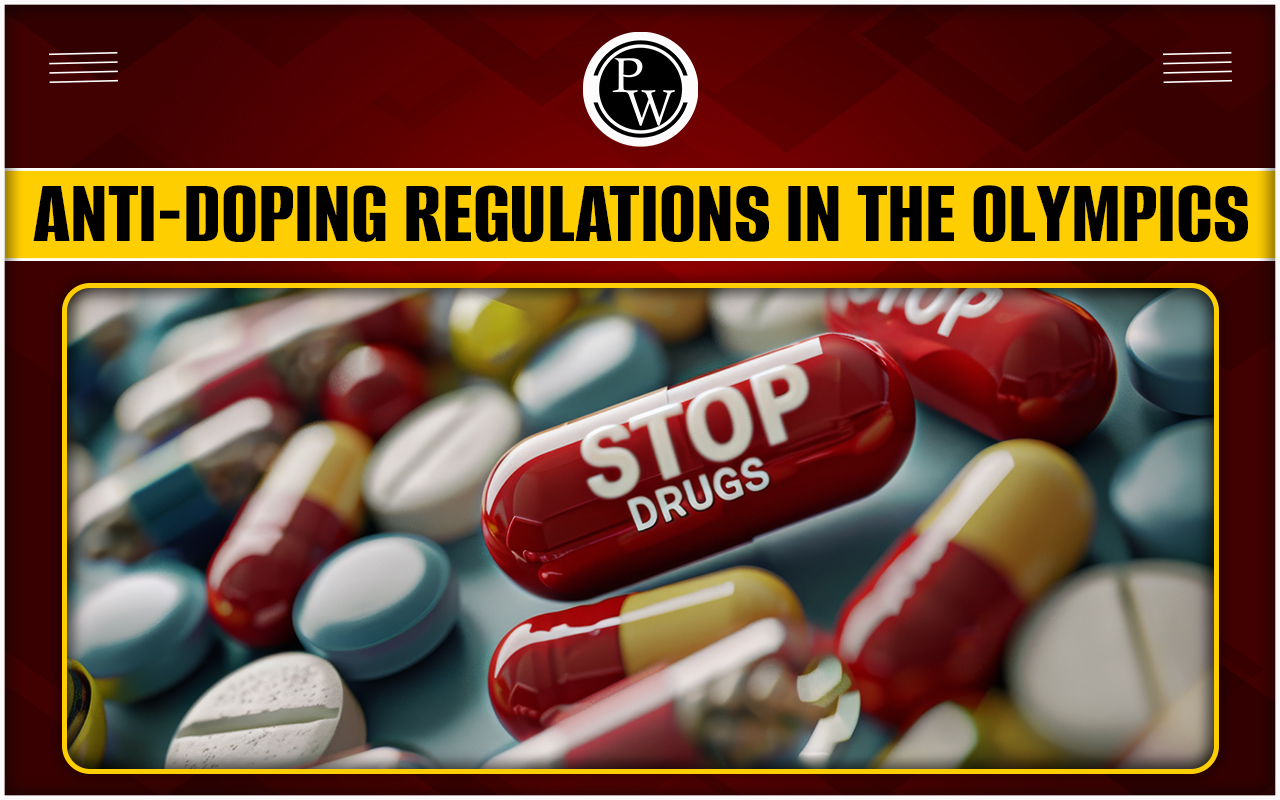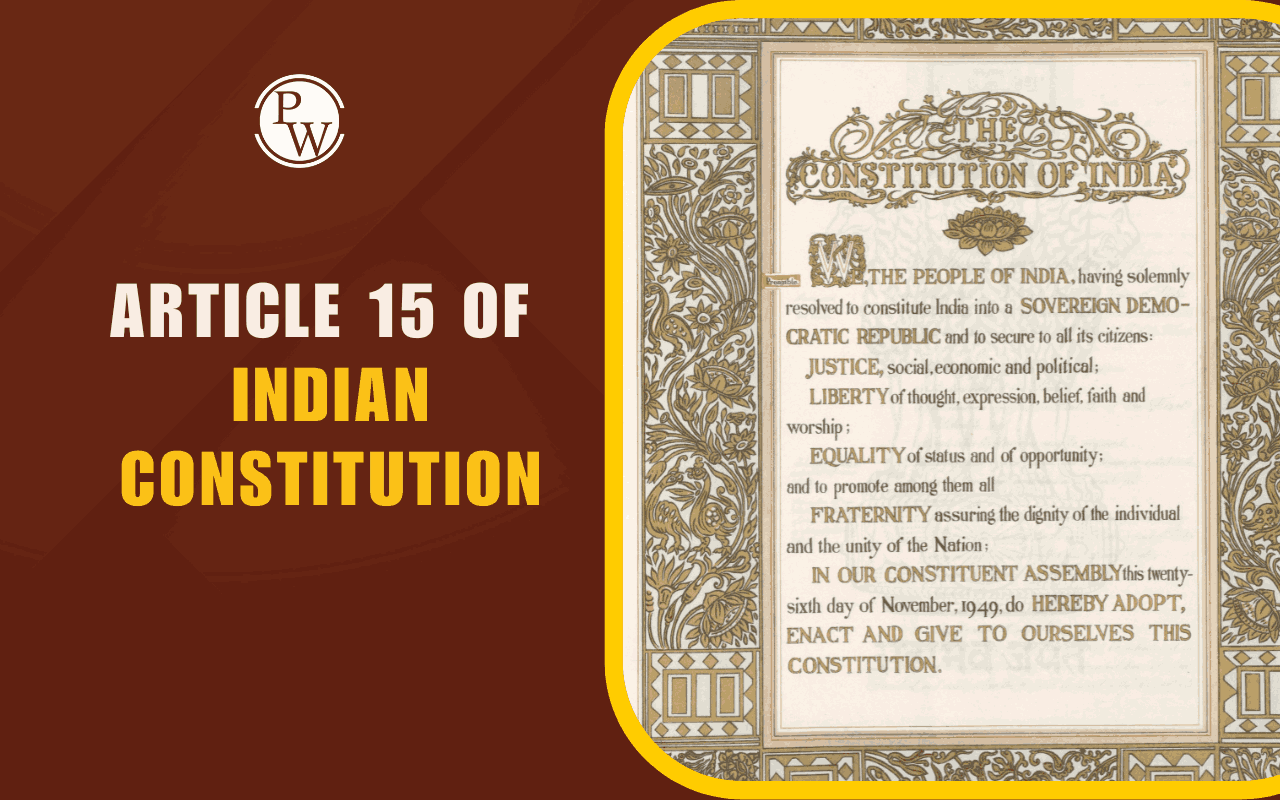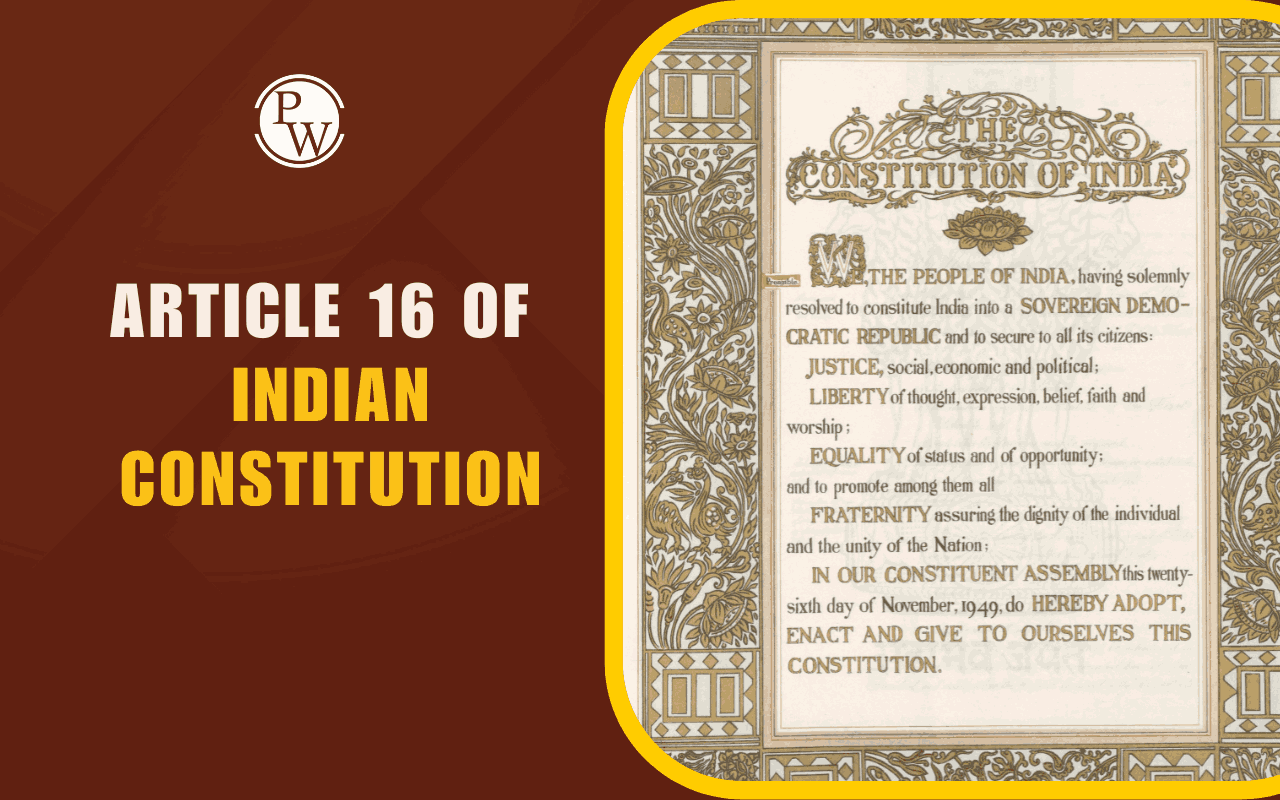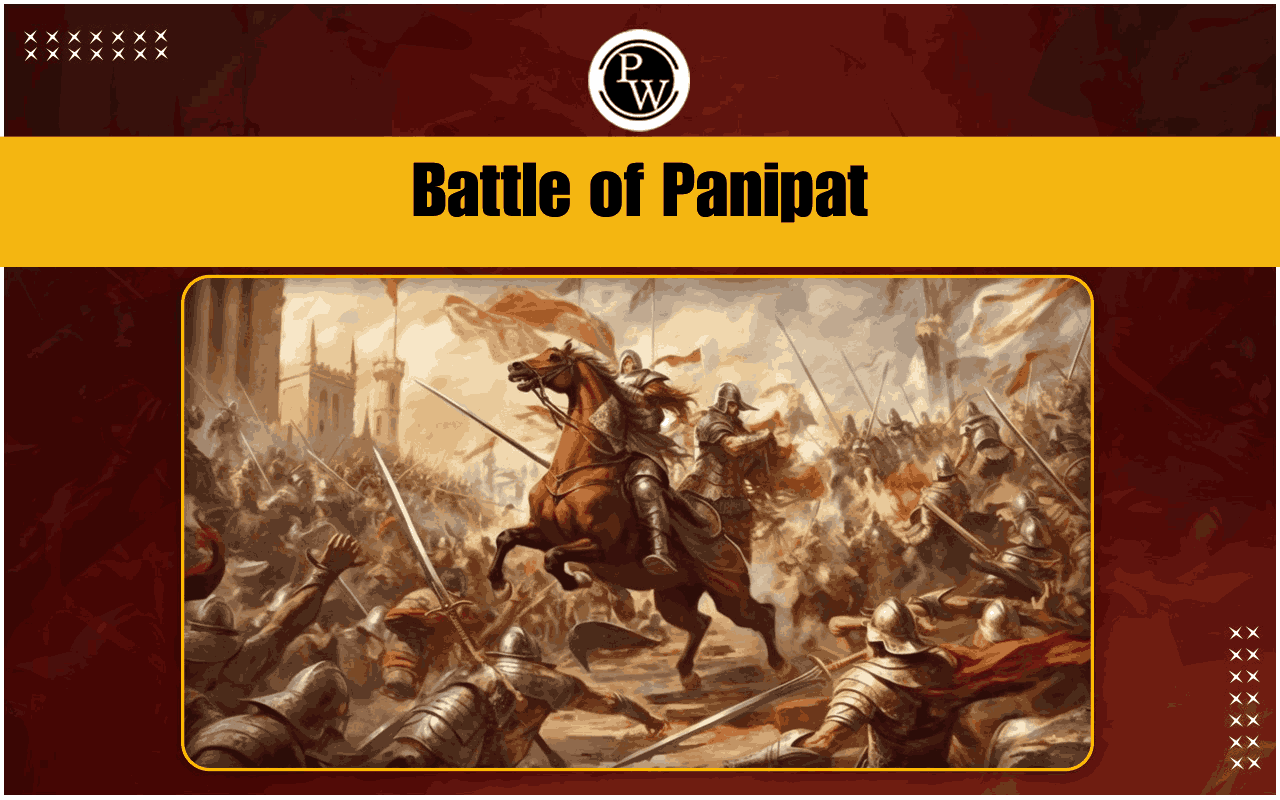

Anti-Doping Regulations in the Olympics: Anti-Doping Regulations in the Olympics 2024 are a set of rules and guidelines established by the International Olympic Committee (IOC) and the World Anti-Doping Agency (WADA) to ensure fair and drug-free competition. These regulations play an important role in the level playing field for athletes during the Paris Olympics 2024 .
Anti-doping regulations in the Olympics aim to protect the health and well-being of athletes while maintaining the integrity of the Olympic Games. The Anti-Doping Regulations in the Olympics 2024 are being strictly enforced during the event, with athletes and support personnel subject to doping controls and potential sanctions for violations.What is Doping in Sports?
Doping in sports is when athletes use banned drugs to improve their performance unfairly. Some of the common substances that are used for doping include anabolic steroids and stimulants. Doping is banned worldwide for both ethical and medical reasons. Doping not only violates the "spirit of sport" but can also have serious health consequences for athletes, such as cardiovascular issues, hormonal imbalances, and addiction. Some previous Olympic doping scandals, such as Ben Johnson's doping scandal in 1988, led to strict enforcement of anti-doping regulations in the Olympics.About Anti-Doping Regulations in the Olympics 2024
Anti-Doping Regulations in the Olympics 2024 are comprehensive rules designed to prevent athletes from using performance-enhancing drugs. These regulations apply to all athletes participating in the Olympic Games, their support personnel, persons operating under the authority of the IOC, and other accredited persons. Key aspects of these Anti-Doping Regulations in the Olympics 2024 include:- Zero Tolerance Policy: The IOC has established a strict zero-tolerance policy against doping. Prohibited substances include those on the WADA Prohibited List, with certain exceptions and criteria for evaluation.
- Testing Protocols: The IOC has delegated some anti-doping responsibilities for the 2024 Olympics to the International Testing Agency (ITA). Athletes are strictly liable for any prohibited substances found in their samples, regardless of intent or negligence.
- Set Rule for Violation: Anti-doping rule violations include the presence of prohibited substances, use of prohibited substances/methods, evading sample collection, whereabouts failures, tampering, possession, trafficking, administration, complicity, and prohibited association.
- Therapeutic Use Exemptions (TUEs): These rules grant permission to athletes to use certain prohibited substances for medical reasons under exemptions.
- Consequences for Violations: All participants are bound by these rules as a condition for their participation in the games. Athletes found guilty of doping face severe penalties, including disqualification and loss of medals.
World Anti-Doping Agency (WADA) and the Olympics
World Anti-Doping Agency (WADA), an independent international body plays a pivotal role in the Anti-Doping Regulations in the Olympics by setting global standards for anti-doping policies. Its responsibilities include:- Development of Rules: WADA develops and updates the World Anti-Doping Code, which serves as the foundation for anti-doping regulations worldwide.
- Harmonization of Policies: WADA ensures that anti-doping policies are consistent across all sports and countries, promoting fair competition.
- Monitoring Compliance: The agency monitors compliance with rules across spots. In the 2024 Paris Olympics, its accredited laboratories will analyze athlete samples
- Anti-Doping Technology: WADA employs advanced anti-doping technology, including the Anti-Doping Administration and Management System (ADAMS) and the Athlete Biological Passport, which tracks athletes' biological data over time to detect potential doping.
- Education and Awareness: WADA conducts educational programs to inform athletes about the risks of doping and the importance of clean sports. Its Anti-Doping Education and Learning (ADEL) platform is dedicated to the Paris 2024 Olympics.
What is the Clean Sports Movement?
The Clean Sports Movement is a global initiative that aims to promote integrity, fairness, and ethical behaviour in sports. It encompasses various efforts to combat doping and other forms of cheating to ensure that athletes compete on a level playing field based on their own hard work, talent, and dedication. This movement is aimed at:- Educating athletes and the public about the importance and value of clean sports.
- Providing resources and support for athletes who compete without doping.
- Working with sports organisations, governments, and educational institutions to foster a culture of clean competition.
- Emphasising the importance of competing with honour and sportsmanship and rejecting doping or any form of cheating.
India’s Anti-Doping Policies
India has implemented its own set of anti-doping regulations to align with international standards. These anti-doping policies are primarily governed by the National Anti-Doping Act, which was enacted to strengthen the framework for combating doping in sports. Some of India’s Anti-Doping initiatives for ethical sports are:- Establishment of NADA: The National Anti-Doping Agency (NADA) was established in 2009 to implement the anti-doping policies in India. It is responsible for the testing of athletes, education, and promoting anti-doping awareness.
- National Anti Doping Act 2022 : Passed by Lok Sabha to enhance the powers of NADA and ensure a robust legal framework for anti-doping measures. This includes provisions for stricter penalties for violations and the establishment of a National Anti-Doping Tribunal.
- National Drugs and Psychotropic Substances Act (NDPS) Act, 1985: It regulates and controls the operations concerning narcotic drugs and psychotropic substances.
Anti-Doping Regulations in the Olympics FAQs
What are anti-doping regulations?
Anti-doping regulations are rules to prevent athletes from using performance-enhancing drugs to ensure fair competition.
Who is the anti-doping agency in the Olympics?
The World Anti-Doping Agency (WADA) is the primary body, working with the International Testing Agency (ITA) for the Olympics.
Are steroids allowed in the Olympics?
No, steroids and other performance-enhancing drugs are banned in the Olympics.
Who was the first Olympic athlete disqualified for drug use?
The first Olympic athlete disqualified for drug use was Swedish pentathlete Hans-Gunnar Liljenwall in 1967.
What are India’s measures against doping?
India’s measures include the establishment of the National Anti-Doping Agency (NADA) and the National Anti-Doping Act 2022, which enforces stricter penalties and regulations.
Talk to a counsellorHave doubts? Our support team will be happy to assist you!

Check out these Related Articles
Free Learning Resources
PW Books
Notes (Class 10-12)
PW Study Materials
Notes (Class 6-9)
Ncert Solutions
Govt Exams
Class 6th to 12th Online Courses
Govt Job Exams Courses
UPSC Coaching
Defence Exam Coaching
Gate Exam Coaching
Other Exams
Know about Physics Wallah
Physics Wallah is an Indian edtech platform that provides accessible & comprehensive learning experiences to students from Class 6th to postgraduate level. We also provide extensive NCERT solutions, sample paper, NEET, JEE Mains, BITSAT previous year papers & more such resources to students. Physics Wallah also caters to over 3.5 million registered students and over 78 lakh+ Youtube subscribers with 4.8 rating on its app.
We Stand Out because
We provide students with intensive courses with India’s qualified & experienced faculties & mentors. PW strives to make the learning experience comprehensive and accessible for students of all sections of society. We believe in empowering every single student who couldn't dream of a good career in engineering and medical field earlier.
Our Key Focus Areas
Physics Wallah's main focus is to make the learning experience as economical as possible for all students. With our affordable courses like Lakshya, Udaan and Arjuna and many others, we have been able to provide a platform for lakhs of aspirants. From providing Chemistry, Maths, Physics formula to giving e-books of eminent authors like RD Sharma, RS Aggarwal and Lakhmir Singh, PW focuses on every single student's need for preparation.
What Makes Us Different
Physics Wallah strives to develop a comprehensive pedagogical structure for students, where they get a state-of-the-art learning experience with study material and resources. Apart from catering students preparing for JEE Mains and NEET, PW also provides study material for each state board like Uttar Pradesh, Bihar, and others
Copyright © 2025 Physicswallah Limited All rights reserved.











